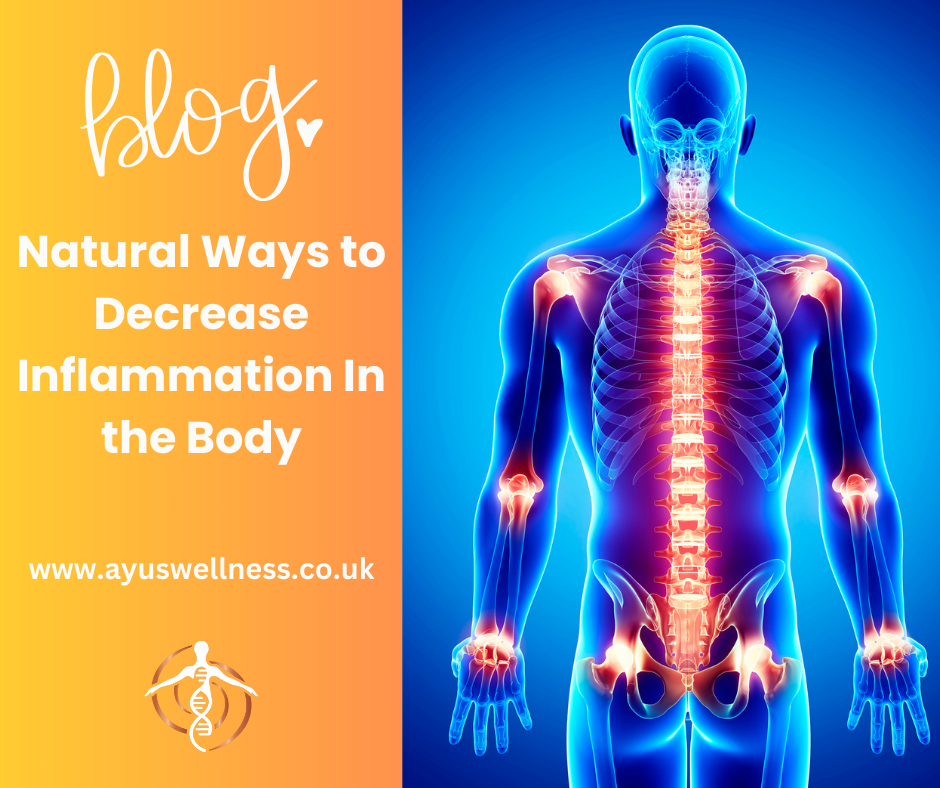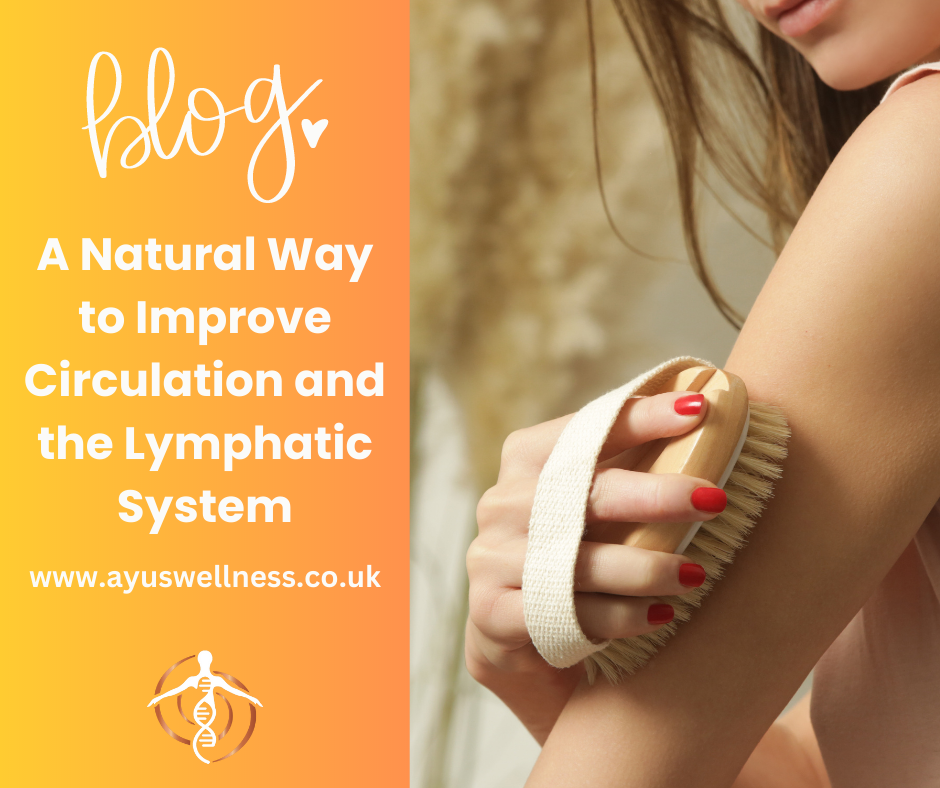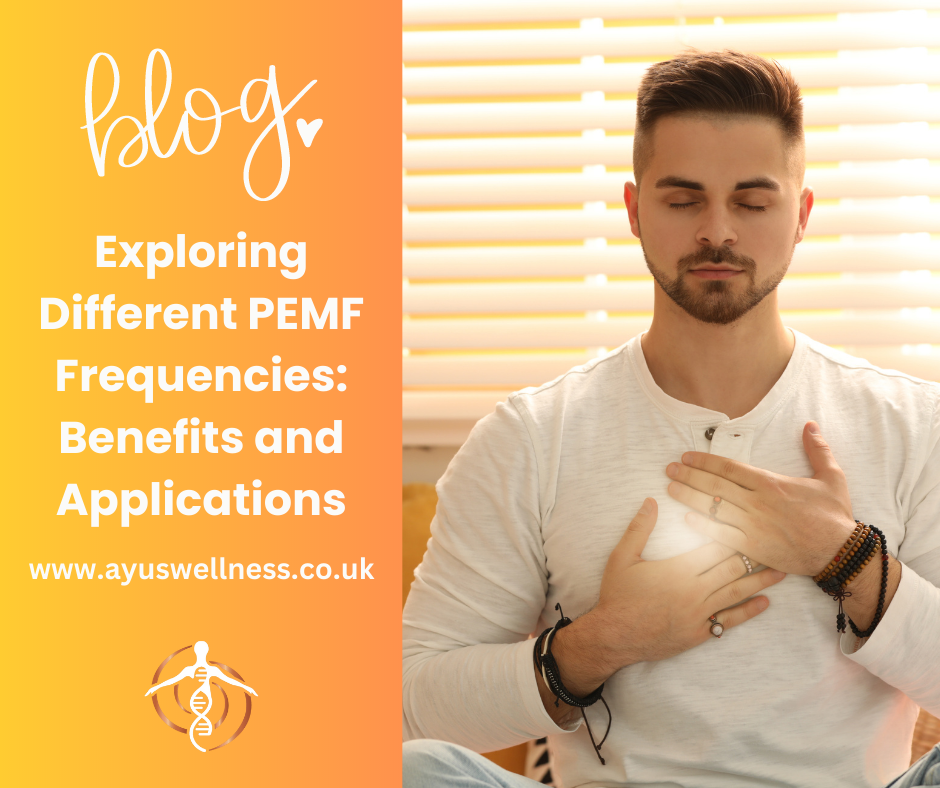
Inflammation is your body's natural response to injury or illness, but when it becomes chronic, it can lead to a host of health problems. Fortunately, there are natural ways to reduce inflammation and promote overall well-being. In this comprehensive guide, we will explore three effective strategies: grounding therapy/negative ions, PEMF therapy, a balanced anti-inflammatory diet, and the vital roles of hydration, stress management, and sleep in controlling inflammation.
What is Inflammation in the Body?
Inflammation is a complex biological response to harmful stimuli, such as pathogens, damaged cells, or irritants. It is a protective mechanism that involves your immune system, blood vessels, and various signaling molecules. While acute inflammation is necessary for healing, chronic inflammation can lead to diseases like arthritis, heart disease, and cancer.
Grounding Therapy and Negative Ions
Grounding therapy, also known as earthing, involves connecting your body to the Earth's natural energy by walking barefoot on grass, soil, or sand. This practice allows electrons from the Earth to enter your body, neutralizing harmful free radicals and reducing inflammation.
How Grounding Therapy Works
When you make direct contact with the Earth's surface, you absorb negatively charged electrons that help balance the positive charge in your body. This balance can reduce inflammation and improve overall health.
Incorporating Grounding Into Your Routine
- Barefoot Walking: Spend time walking barefoot on natural surfaces like grass, sand, or soil.
- Grounding Mats: Use grounding mats or sheets that connect to the Earth's energy while indoors.
- Outdoor Activities: Engage in outdoor activities such as gardening, yoga, or meditation to connect with nature.
PEMF Therapy
PEMF (Pulsed Electromagnetic Field) therapy uses electromagnetic fields to improve health by reducing inflammation, increasing circulation, and promoting cellular repair. It has gained popularity as a non-invasive, drug-free solution for various health issues.
How PEMF Therapy Works
PEMF devices emit electromagnetic pulses that stimulate cellular activity. This stimulation enhances the body's natural healing processes, including reducing inflammation.
Incorporating PEMF Therapy
- Consult a Professional: Consult a healthcare practitioner experienced in PEMF therapy to determine the best treatment plan for your needs.
- Home Devices: Some PEMF devices are designed for home use, allowing you to incorporate therapy into your daily routine.
- Regular Sessions: Consistency is key; regular PEMF sessions can provide long-term benefits.
Diet and Inflammation
Diet plays a significant role in inflammation levels within the body. Choosing the right foods can help reduce inflammation and promote overall health.
Anti-Inflammatory Diet Tips
- Omega-3 Fatty Acids: Incorporate foods rich in omega-3s, such as salmon, flaxseeds, and walnuts, as they have potent anti-inflammatory properties.
- Colorful Vegetables: Consume a variety of colorful vegetables, such as leafy greens, berries, and turmeric, which contain antioxidants that combat inflammation.
- Healthy Fats: Opt for sources of healthy fats like olive oil and avocados while avoiding trans fats and excessive saturated fats.
- Lean Proteins: Choose lean sources of protein like poultry, beans, and tofu over processed meats high in inflammatory compounds.
- Whole Grains: Replace refined grains with whole grains like quinoa and brown rice to reduce inflammation.
Additional Lifestyle Tips
In addition to the specific strategies mentioned above, adopting a healthy lifestyle can further help decrease inflammation:
- Stay Hydrated: Proper hydration supports overall bodily functions, including reducing inflammation.
- Manage Stress: Chronic stress can lead to inflammation, so practice stress-reduction techniques like meditation and yoga.
- Adequate Sleep: Aim for 7-9 hours of quality sleep per night to support your body's natural healing processes.
Hydration and Inflammation
Proper hydration is crucial for maintaining bodily functions, including controlling inflammation.
How Hydration Influences Inflammation
Dehydration can lead to a higher concentration of inflammatory molecules in your bloodstream. Staying adequately hydrated helps your body flush out toxins, supports digestion, and promotes the transport of nutrients to cells, all of which contribute to reducing inflammation.
Tips for Staying Hydrated
- Water Intake: Aim to drink at least eight 8-ounce glasses (about 2 liters) of water per day, adjusting for your activity level and climate.
- Infused Water: Add slices of fruits like lemon or cucumber to your water to make it more enticing.
- Herbal Teas: Herbal teas like chamomile or ginger can contribute to your daily fluid intake.
- Monitor Urine Color: Pale yellow urine is a good indicator of proper hydration.
Stress and Inflammation
Chronic stress can significantly contribute to inflammation within the body.
How Stress Influences Inflammation
When you're under stress, your body releases stress hormones like cortisol, which, when chronically elevated, can trigger inflammation. Stress can also lead to unhealthy coping mechanisms, such as poor dietary choices and inadequate sleep, further exacerbating inflammation.
Stress Management Techniques
- Meditation and Mindfulness: Practice meditation or mindfulness exercises to reduce stress levels.
- Physical Activity: Regular exercise can help reduce stress and inflammation.
- Deep Breathing: Engage in deep breathing exercises to calm the body's stress response.
- Seek Support: Talk to a therapist or counselor for help managing chronic stress.
Sleep and Inflammation
Quality sleep is essential for the body's natural healing processes and inflammation control.
How Sleep Influences Inflammation
During deep sleep, the body undergoes repair and regeneration processes. Poor sleep can disrupt these processes, leading to increased inflammation markers in the blood.
Tips for Better Sleep
- Consistent Schedule: Maintain a regular sleep schedule by going to bed and waking up at the same times each day.
- Create a Sleep-Friendly Environment: Ensure your bedroom is dark, quiet, and at a comfortable temperature.
- Limit Screen Time: Avoid screens (phones, computers, TVs) before bedtime, as the blue light can interfere with sleep.
- Relaxation Techniques: Engage in relaxing activities like reading or taking a warm bath before bedtime.
Reducing inflammation naturally is essential for maintaining good health and preventing chronic diseases. Incorporating grounding therapy, PEMF therapy, an anti-inflammatory diet, proper hydration, stress management, and quality sleep into your daily routine can be effective steps toward achieving this goal. Remember that a holistic approach is the key to controlling inflammation and improving your overall well-being. Consult with healthcare professionals for personalized guidance on managing inflammation and enhancing your health.



